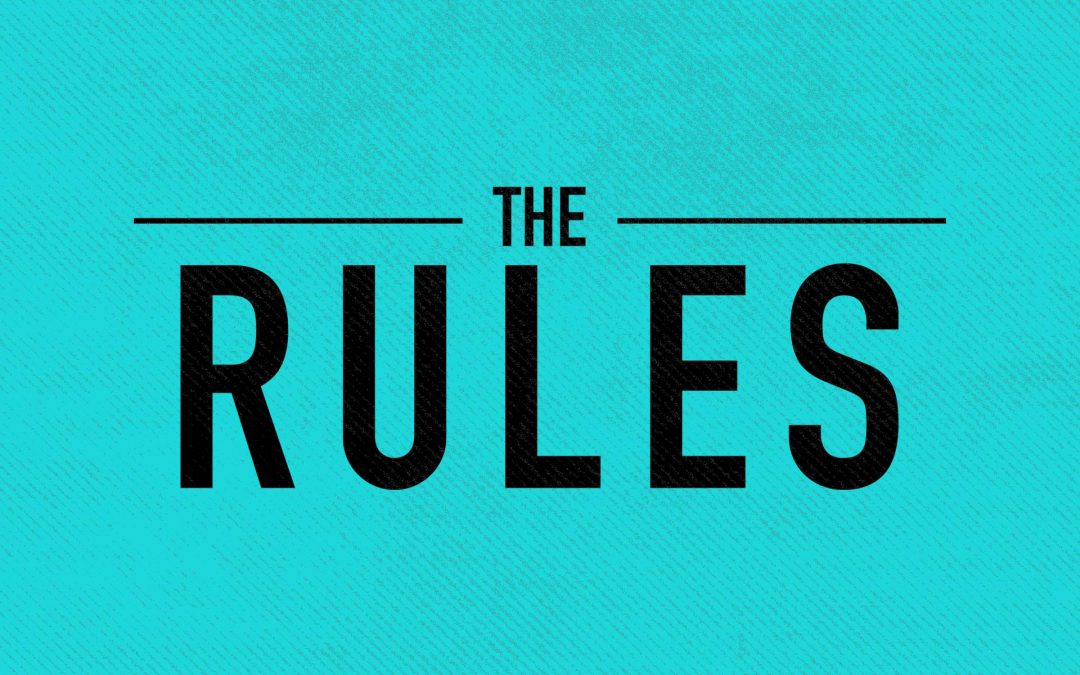 Process servers have rules to follow when serving papers. There are many misconceptions about what a process server does and what they’re allowed to do when attempting service. There are laws that are applicable to certain states and need to be followed in order to complete a successful serve.
Process servers have rules to follow when serving papers. There are many misconceptions about what a process server does and what they’re allowed to do when attempting service. There are laws that are applicable to certain states and need to be followed in order to complete a successful serve.
Keep in mind these standards for process serving when getting papers prepared for service:
1.) We Don’t Guess at the Rules
Civil process carries a lot of rules that are applicable in certain states. The rules include how service can be made, what days service can be attempted (some prohibit service on Sundays and holidays), who can accept service, and how documents are handled. If you’re sending papers to a server out of state, be sure to include a sheet that lists rules to follow for your state.
2.) We Can’t Dig Through the Mailbox
While there is no crime against seeing an address that is in plain view, it is illegal to meddle with or open someone else’s mail. If we see mail sticking out of a mailbox, we can report that the mailbox is full, but cannot sift through it to verify if a resident is living there.
What Does the Law Say?
18 U.S. Code § 1708 – Theft or receipt of stolen mail matter generally
3.) We Can’t Dress Up To Pretend We’re Someone Else
Sometimes process servers have to think outside the box when working on serving someone papers. Being deceptive as to who we really are or violating laws is not the right way to serve papers. Process servers are also not police officers and it is illegal in all states to impersonate a police officer. Some states also consider it a crime to use police equipment that would imply status as an officer.
4.) We Won’t Trespass
We can’t trespass on someone’s property unless a state law allows us to do so in order to determine if a resident is home. Breaking and entering is never allowed, and is never done in order to determine if someone is home. Servers may walk around the side of the house to check the gas meter or see if there are any lights on, which is acceptable in helping to determine if someone is living at the residence.
Check out Serve Now’s complete list of additional rules that process servers should follow: https://www.serve-now.com/articles/2176/10-things-process-servers-cant-do
By: Sarah Kessler

